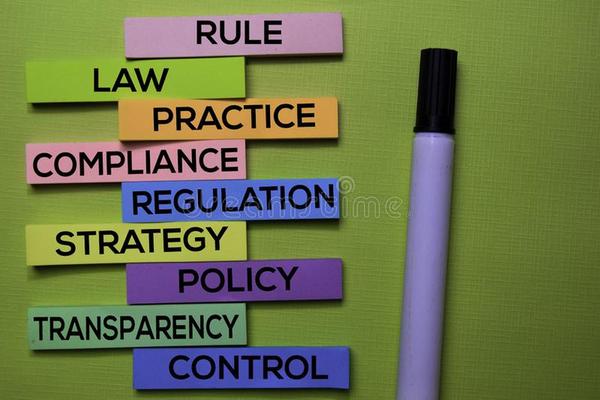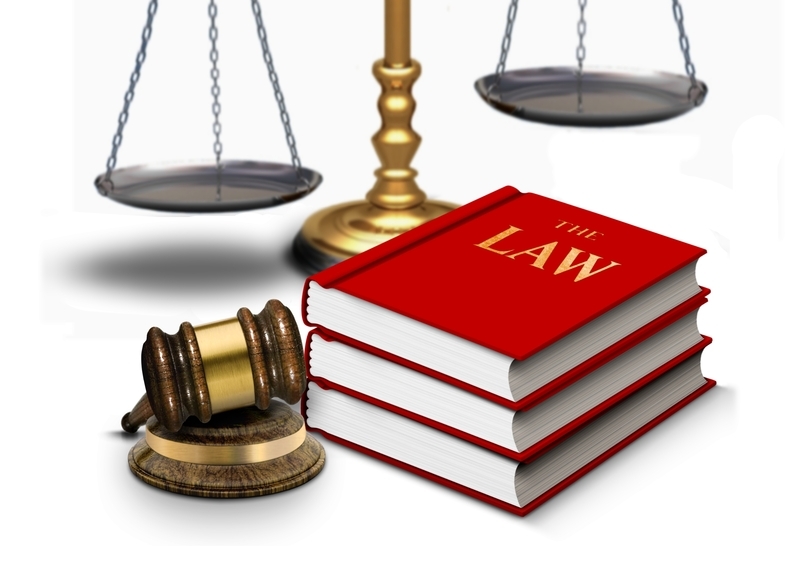
The President of the United States is pulling out each lawful halt he can to stop the United States House of Representatives and the New York State District Attorney from needing his accounting company to deliver his tax returns and other private financial details. The House Committee, among other matters, is exploring if the President has violated the Constitution's Emolument Clauses or dedicated other wrongdoing.
The New York DA is currently exploring potential financial offenses perpetrated by President Trump and/or third parties.
The Supreme Court will probably have to and ought to fix these scenarios. That requirement brings to mind contentious comments made by then-Judge Roberts through his Supreme Court confirmation hearings in 2005. Roberts famously stated the next: "Judges are like umpires. Umpires do not make the rules; they employ them. Nonetheless, it's a limited role.
These statements have been roundly criticized by law academics and Court commentators over the decades since it's clear that Supreme Court Justices do create the rules when they employ the Constitution's vague language and contested background to new and hard questions. To the extent that Justice Roberts was indicating a restricted role for the Supreme Court within our political system since its function is but one of after the law never creating the legislation, his remarks have been correctly ridiculed.
There's a narrative told in Washington circles concerning the initial term of this Obama administration. Democratic activists were seeing the White House advocate a much quicker pace of judicial nominations, simply to come across a brick wall at then-Chief of Staff.
Flash ahead a word, and it is apparent that we all need to provide a fig about the courts. In the previous two decades, 14 lower federal courts have ruled on the constitutionality of homosexual marriage bans, together with discovering the U.S. Constitution prohibits prohibitions against the same-sex union. On the other hand, each of the three dissenting judges was appointed by Republicans.
Didn't Chief inform us in his confirmation hearing that judges are impartial umpires, calling snare balls and strikes based on clear precedent? Are jurists, rather," legislating from the bench," that despised and wealthy expression accusing judges of getting unelected politicians?
Drawing on the area of economics and rational option, the trio clarifies national judges as inspired by numerous elements. Surely, legal precedent plays a job, particularly in cases with relatively clear boundaries and in reduced levels of the judiciary, but judges have been driven up to their own ideological and policy objectives, wants to collaborate with their coworkers, expects to be encouraged, or aim to present a united front of a courtroom.
The best thing about the strategy is that it permits us to distinguish between judges at several levels of the national judiciary while getting more honest talks about the targets and limitations of judicial decision-making. The law of homicide, as an instance, is rather clear, and even when a judge instills doubts about a specific shooting, she'd be reluctant to impose her will against that of a jury's conclusion and face being chased by a higher court. Even in the appellate courts, many instances are believed to be"simple," which is, only rehashing issues that were litigated multiple days before to similar holdings.
It is no surprise, then, that lots of observers could rank the present justices within an ideological continuum when discussing a contentious social issue such as voting rights, but are at a loss once the issue is an inscrutable topic such as the Employee Retirement Income Security Act (ERISA). But even here, justices could be motivated by additional"non-legal" variables besides ideology. Witness Roberts's vote in 2012 to maintain the Affordable Care Act and shield the perceived validity of the courtroom through a presidential election season.

Just as examples climb to the Supreme Court or current"problems of the first impression," especially on salient social issues, do people see judges rely heavily on their private viewpoints or hew more closely with their ideology.
With four members of the existing Supreme Court over 70-years-old along with the Senate possibly poised to change hands this November, it is time to embrace a more realistic perspective of judicial decision-making as well as the limitations of judicial discretion. No longer should we take the false belief that the legislation is translucent and neutrally derived or need to sit through confirmation hearings where nominees assert, incredulously as present Supreme Court Justice Clarence Thomas formerly did, they've never spoken controversial subjects that could someday reach a court. However, neither should we take the fee that judges are super-legislators, enshrined with lifetime tenure to reevaluate their tastes into precedent. Shockingly, judges are individuals -- inspired by lots of the very same variables as are different professionals. They seek admiration from peers and external observers, want consensus among their brethren, and expect for promotion to higher ranks. Surely, they have been entrusted with the law and also perform well to account for precedent. However this is not a baseball game, and they are not impartial umpires.
But, there are significant moments in American history once the nation has had the Supreme Court to behave like umpires and solve disputes involving the other two branches of the national government or between national and state authorities. These scenarios raise various stakes compared to high-profile legal conflicts implicating individual rights and political coercion. In these situations, the Court must only step in when the governmental clinic at issue violates the Constitution. By comparison, when two components of government are fighting with each other, neither side is entitled to a presumption of correctness. Moreover, instead of cases involving abortion, or other personal rights, disputes involving two authorities implicate either lawful procedure or the proper connection between two people celebrities where impasses stall the workings of the government. In the majority of those circumstances, judicial settlement one way or another is vital for the smooth performance of authorities to continue.
In such subpoena disputes, both the House and the DA are correctly performing their constitutional responsibilities. The President's behavior regarding his resorts and other possessions deserves congressional scrutiny, along with his insatiable refusal to release his tax returns together with a report on well-documented, dishonest business deals suggest the DA isn't to a political fishing expedition. Additionally, and more importantly, the President isn't arguing any of these requested materials are subject to executive privilege nor can he because the substances sought to relate to his financing.
The demand for a third party to serve as an umpire in these types of disputes is particularly important given the intense nature of this President's legal places. Though there are good legal distinctions between both subpoena instances, President Trump's general debate in the two is the President cannot be researched for any criminal activity while in office since doing this significantly burdens the Executive Branch and is inconsistent with the separation of forces. By President Trump, the sole permissible route for evaluation of the alleged misbehavior is formal impeachment proceedings.
There are, nevertheless, large precedents suggesting differently. Nixon included official Congressional documents while the tax returns and financial records now sought by the home and that the DA are strictly private. However, if a President could be made to turn over his official substances as part of a criminal investigation, his private records must also be fair game.
Back in the Court ruled that a civil case arising from events occurring before the President took office might move despite arguments that the case ought to be postponed before his term expired. If the situation could move in, then the recent investigations must likewise have the ability to move against President Trump. The House's and New York State's present investigations into potential financial offenses and constitutional violations by the President indicate more urgency than the civil situation in issue in Jones.
Ultimately, although based on Nixon v. Fitzgerald, that a President can not be personally liable for money damages in a civil lawsuit because of his official conduct, the preclusion of any investigation into potential criminal activity using a sitting President, even when a sitting President cannot be indicted while in office (an open question) doesn't logically follow from this instance. Such preclusion would put the President well over the law. By way of instance, President Trump's attorneys went so far regarding assert from the New York situation that if the President captured someone on Fifth Avenue, any evaluation by any public officer would need to wait till he leaves office. Such resistance makes a mockery of the principle of law.
Such as the subpoenas which President Nixon was needed to comply with, and also the civil lawsuit that President Clinton had been forced to speak, President Trump shouldn't be permitted to block subpoenas issued to third parties outside the government who have information crucial to valid law enforcement and congressional actions. The inter-governmental conflicts between the President and Congress along with the President and the State of New York want an umpire out of all three authorities to resolve those controversies.
Even critics of the Supreme Court, such as myself, recognize that there are rare occasions when judicial participation is essential for the benefit of the country.
However, a pitch thrown over the batter's mind is a chunk beneath some affordable umpiring perspective. Likewise, the argument that the President can take somebody on Fifth Avenue and there is nothing anybody could do about it short of proper impeachment hearings is wrong as both a policy and legal issue. This event requires a neutral umpire that will use the rules fairly. Hopefully, the Supreme Court will perform role.
